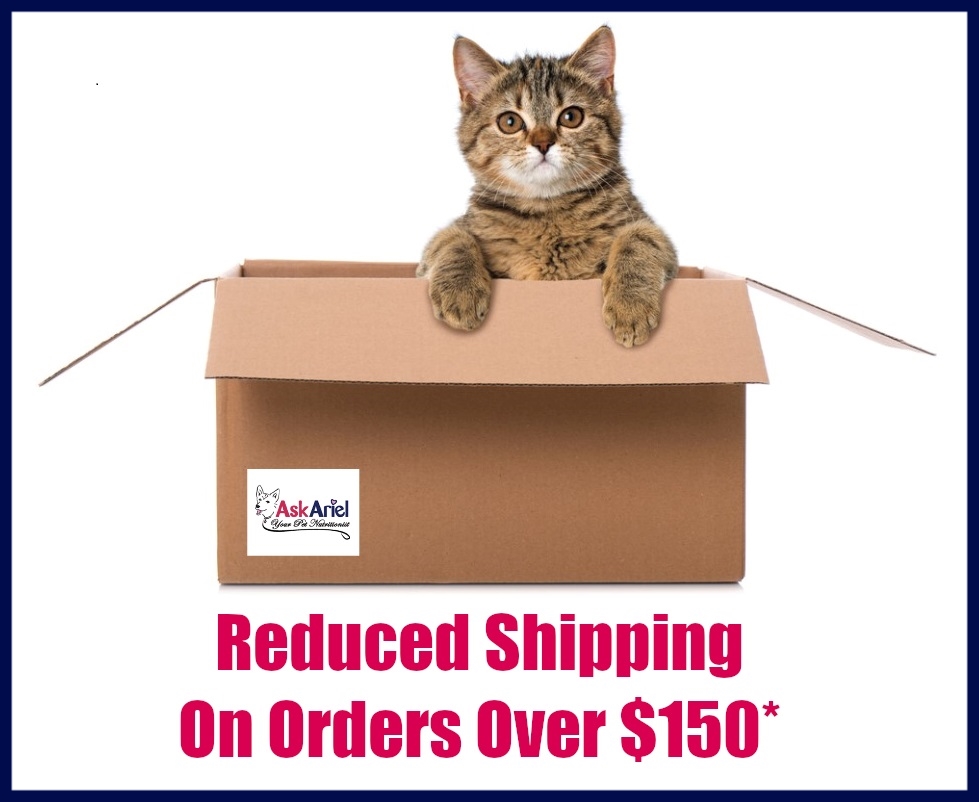Panosteitis, often referred to as "growing pains" is a common condition seen primarily in young, rapidly growing large and giant breed dogs. While it's not life-threatening, panosteitis can cause significant discomfort and lameness in affected dogs. While conventional treatments such as anti-inflammatories and pain medications may be necessary initially to ease your puppies growing pains, many dog owners seek natural and holistic therapies to complement traditional veterinary care.
Understanding Canine Panosteitis
Panosteitis is a condition characterized by inflammation of the long bones in a dog's legs, particularly the humerus, radius, ulna, femur, and tibia. This inflammation typically occurs in dogs between the ages of five and twelve months, during their rapid growth phase. Breeds commonly affected by panosteitis include German Shepherds, Great Danes, Golden Retrievers, Labrador Retrievers, and Rottweilers, although it can occur in any large or giant breed dog.
Symptoms of Panosteitis In Dogs
- Limping or lameness, which may shift from one leg to another
- Difficulty rising or reluctance to engage in physical activity
- Pain or sensitivity when the affected leg is touched
- Swelling or warmth around the affected area
- Decreased appetite or activity level
Natural Treatments For Dog Panosteitis
While conventional treatments like anti-inflammatory medications prescribed by veterinarians are often necessary to manage the inflammation and pain associated with panosteitis, some natural therapies can complement these treatments and support overall joint health. Here are some holistic approaches that dog owners may consider:
Supplements
Natural supplements for dog pano play a crucial role in supporting joint health and reducing inflammation associated with panosteitis. Incorporating the following supplements into your dog's diet can provide significant benefits.
Omega-3 Fatty Acids: Found in fish oil, omega-3 fatty acids have potent anti-inflammatory properties that can help alleviate pain and reduce inflammation in dogs with panosteitis. They support joint health and contribute to overall well-being. PureOcean Wild Omegas contains omega-3 fatty acids from sardines, anchovies and mackerel wild-caught from the ocean. Omega-3 fatty acids in fish oil supplements are known for their anti-inflammatory properties and potential benefits for pets with cancer. PureOcean Wild Omega softgels are convenient for pet owners who travel with their pets or need to provide supplements on the go.
Collagen: As a major component of cartilage, collagen is essential for maintaining joint integrity and mobility. Supplementing with collagen can promote cartilage repair and improve joint function in dogs suffering from panosteitis. Our Ultra-Flex Collagen for Pets – A natural “whole-food” supplement that strengthens cartilage, rebuilds connective tissue and supports joint health. Collagen is the "cellular glue" that is found in the bones, muscles, skin, tendons, and digestive tract of your pet. As pets age, natural collagen production declines and can lead to decreased elasticity and stability in the joints, muscles and connective tissue.
Joint Support Formulas: Products containing a combination of glucosamine, MSM (Methylsulfonylmethane), and chondroitin sulfate are widely used to support joint health in dogs. These ingredients work synergistically to reduce inflammation, promote cartilage repair, and improve mobility. ArthroStride has scientifically proven ingredients like MSM, glucosamine, green-lipped mussels, collagen, resveratrol, hyaluronic acid, and curcumin offers comprehensive support for dogs with Panostetis. These ingredients reduce inflammation, support cartilage integrity, and provide antioxidant protection against oxidative stress in the joints. By relieving pain and discomfort and improving joint mobility.
Turmeric: Curcumin, the active compound in turmeric, possesses potent anti-inflammatory and antioxidant properties. Adding turmeric to your dog's diet can help reduce inflammation, alleviate pain, and support overall joint health. Ask Ariel's K9 CurcuMagic is a scientifically proven, natural anti-inflammatory for dogs that contains a patented combination of three curcuminoids, along with turmeric essential oil. These are the strongest, most protective and best-researched constituents of the herb turmeric that act as powerful free-radical scavengers. K9 CurcuMagic is especially bioavailable (pets can get the most benefit) because of the added essential oil, to improve absorption.
Hemp Extract CBD Oil: CBD oil derived from hemp contains cannabinoids that interact with the endocannabinoid system, which regulates pain perception and inflammation. CBD oil has shown promise in reducing pain and inflammation in dogs with various conditions, including panosteitis. Ask Ariel's Happy Paws Hemp Extract Drops is a high-quality hemp CBD oil that can help improve your pet’s overall well-being. Just a few drops of this non-psychoactive tincture is an effective way to reduce anxiety, inflammation and relieve pain. Happy Paws is a full-spectrum hemp oil containing CBD, CBG, CBN, and CBDA. Rigorous independent laboratory testing
Acupuncture
A traditional Chinese medicine practice that involves inserting thin needles into specific points on the body to stimulate healing and alleviate pain. In dogs with panosteitis, acupuncture can help reduce inflammation, improve blood flow to affected areas, and promote the release of endorphins, natural pain-relieving hormones.
Physical Therapy
Physical therapy techniques such as massage, stretching exercises, hydrotherapy, and low-impact exercises can benefit dogs with panosteitis in several ways. These therapies help improve joint mobility, reduce stiffness, alleviate muscle tension, and promote overall physical well-being.
Weight Management
Maintaining a healthy weight is essential for dogs with panosteitis to minimize stress on their joints and reduce the severity of symptoms. A balanced diet tailored to your dog's nutritional needs and regular exercise can help prevent excess weight gain and support overall joint health.
Author: Susan Blake Davis
Published: 3/19/2023
All treatment protocols have been reviewed and approved by a veterinarian










